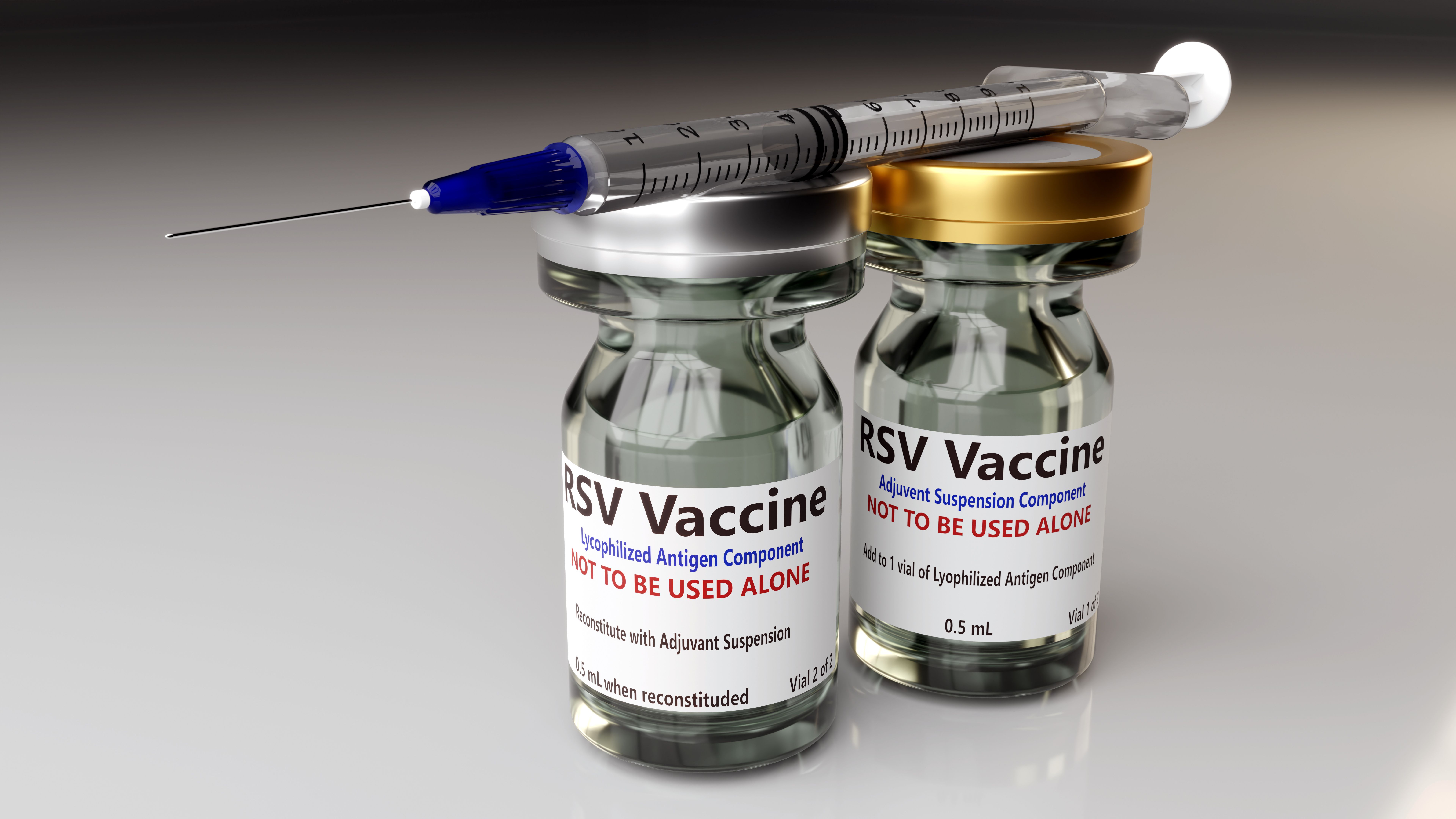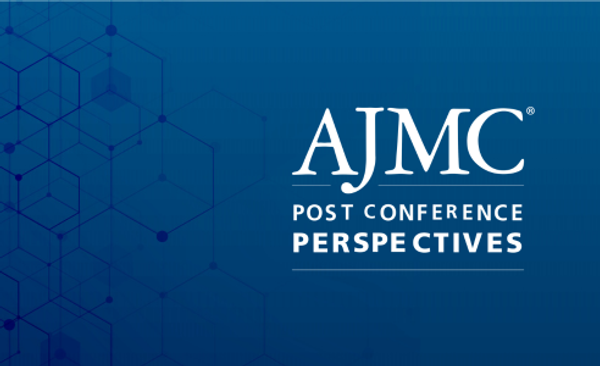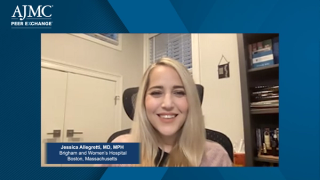
Infectious Disease
Latest News

What We’re Reading: Social Media Regulations; Merck’s Antibody-Based RSV Vaccine; Drug Shortages Continue
Latest Videos

CME Content
More News

Over the course of the pandemic, the risk of developing long COVID after a COVID-19 infection decreased, largely due to vaccination.

No increased risks of preterm birth or perinatal outcomes were identified with maternal vaccination status, according to one study.
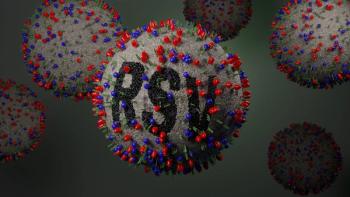
Knowledge on respiratory syncytial virus (RSV) risk factors may help inform public health authorities on high-risk populations, researchers suggest.

What We’re Reading: Surging Global Dengue Cases; EHR Blocking Ban Finalized; Weight-Loss Drug Access
The CDC issued a warning to doctors on Tuesday to look out for dengue cases amid a global surge; HHS has finalized disincentives to prevent health care organizations from unreasonably blocking the exchange of electronic health record (EHR) information; patients in some states, like West Virginia, cannot afford weight-loss medications due to the high costs and lack of insurance coverage.
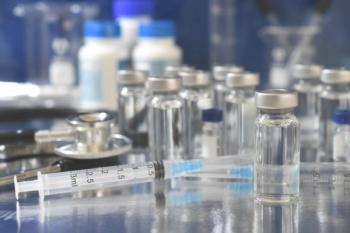
Increasing knowledge of the vaccine-preventable disease will ultimately improve vaccine uptake among target groups, researchers suggest.
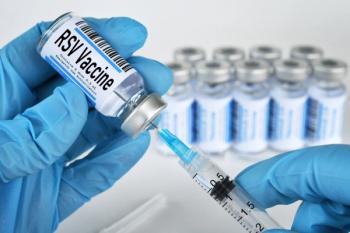
Vaccination against seasonal influenza and respiratory syncytial virus (RSV) in patients with high-risk heart failure was found safe with low incidence of mild adverse events (AEs).

For the third episode in our special Pride Month series, we speak with Patrick McGovern, CEO of Callen-Lorde since August of 2023 and an outspoken advocate for HIV; lesbian, gay, bisexual, transgender, queer, plus (LGBTQ+); and community health.
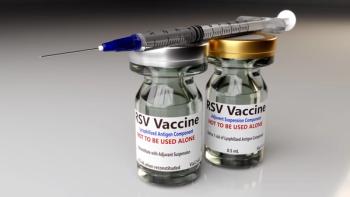
The first respiratory syncytial virus (RSV) vaccine has been approved for adults aged 50 to 59 years who are at increased risk.

Respiratory syncytial virus (RSV) hospitalization–related features may help inform prevention approaches among children with the infection, according to one study.

Results show that wastewater surveillance was sufficiently sensitive to detect Monkeypox virus (mpox) cases in these large, pooled samples.
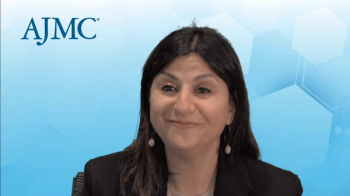
Natasha Halasa, MD, MPH, of Vanderbilt University Medical Center (VUMC), discusses the active population-based surveillance that the New Vaccine Surveillance Network conducts.

Natasha Halasa, MD, MPH, Vanderbilt University Medical Center, discusses her role as principal investigator of the Vanderbilt site of the New Vaccine Surveillance Network.
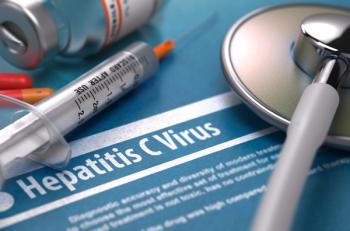
Just 8.5% of eligible patients were screened for hepatitis C virus (HCV); among them, 5.9% tested positive for the HCV antibody, and 3.0% had an active infection.
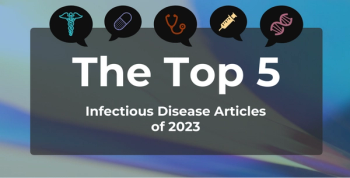
This year’s most-read articles on infectious disease explored topics like vitamin D deficiency, COVID-19 masking, and Clostridioides difficile infection.
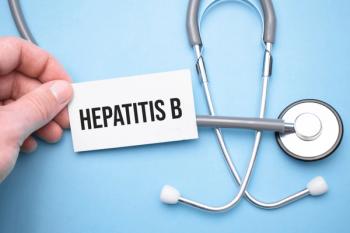
The researchers explained that future studies should explore how the physical, emotional, and social impact of hepatitis B on patients could be measured and incorporated into clinical management.

Ciprofloxacin, ceftriaxone, and piperacillin/tazobactam showed the greatest associations with adverse drug reaction case reports related to C difficile.

Although direct-mail self-sampling significantly increased cervical cancer screening, the opt-in approach only minimally increased screening.

Data from the phase 3 study confirmed the lot consistency, immunogenicity, safety, and tolerability of a toxoid-based Clostridioides difficile vaccine.

This article estimates the comprehensive value of direct-acting antivirals for the treatment of hepatitis C virus using a generalized cost-effectiveness analysis.

Consumers should not eat precut cantaloupe if they do not know the source, as the number of illnesses and recalls tied to a deadly salmonella outbreak grows; the White House and the Department of Education urged schools to take proactive steps to prevent youth drug use; a study published this week found a high prevalence of arrhythmia in patients with long COVID.
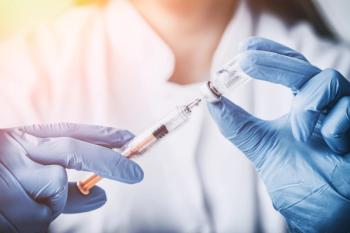
Researchers hypothesized that health care personnel (HCP) influenza vaccination coverage decreased during the pandemic because individuals may have believed that it was less important than in previous years.

Health officials said that at least 7 states reported high levels of illness, with cases also rising in other parts of the country; a group of Senate Democrats demanded answers about the shortage of nirsevimab, a new respiratory syncytial virus (RSV) drug; Pentagon officials told Congress that eliminating per- and polyfluorinated substances would undermine military readiness.

Christian John Lillis, cofounder and executive director of the Peggy Lillis Foundation for C difficile Education & Advocacy, explained how FDA-approved microbiome-based therapeutics help to treat and prevent C difficile infection.

The CDC has published updated recommendations for the postexposure prevention and treatment of Bacillus anthracis (anthrax) infection; the FDA has granted marketing approval to an at-home chlamydia and gonorrhea test; lawmakers and Veterans Affairs officials acknowledge the potential for psychedelic drugs to treat veterans’ mental health conditions and prevent suicide.

To combat C difficile, Christian John Lillis, cofounder and executive director of the Peggy Lillis Foundation for C. Diff Education & Advocacy, noted that awareness and innovation must continue to increase.
